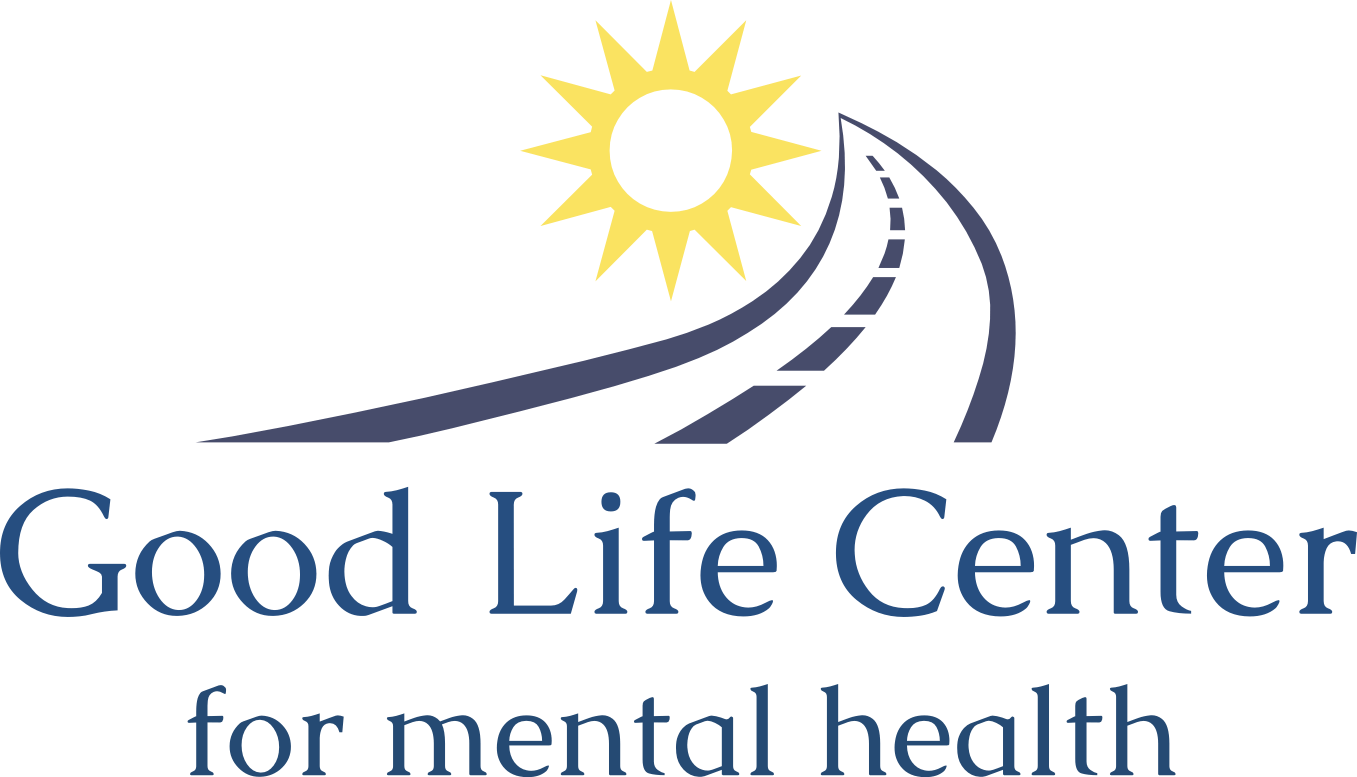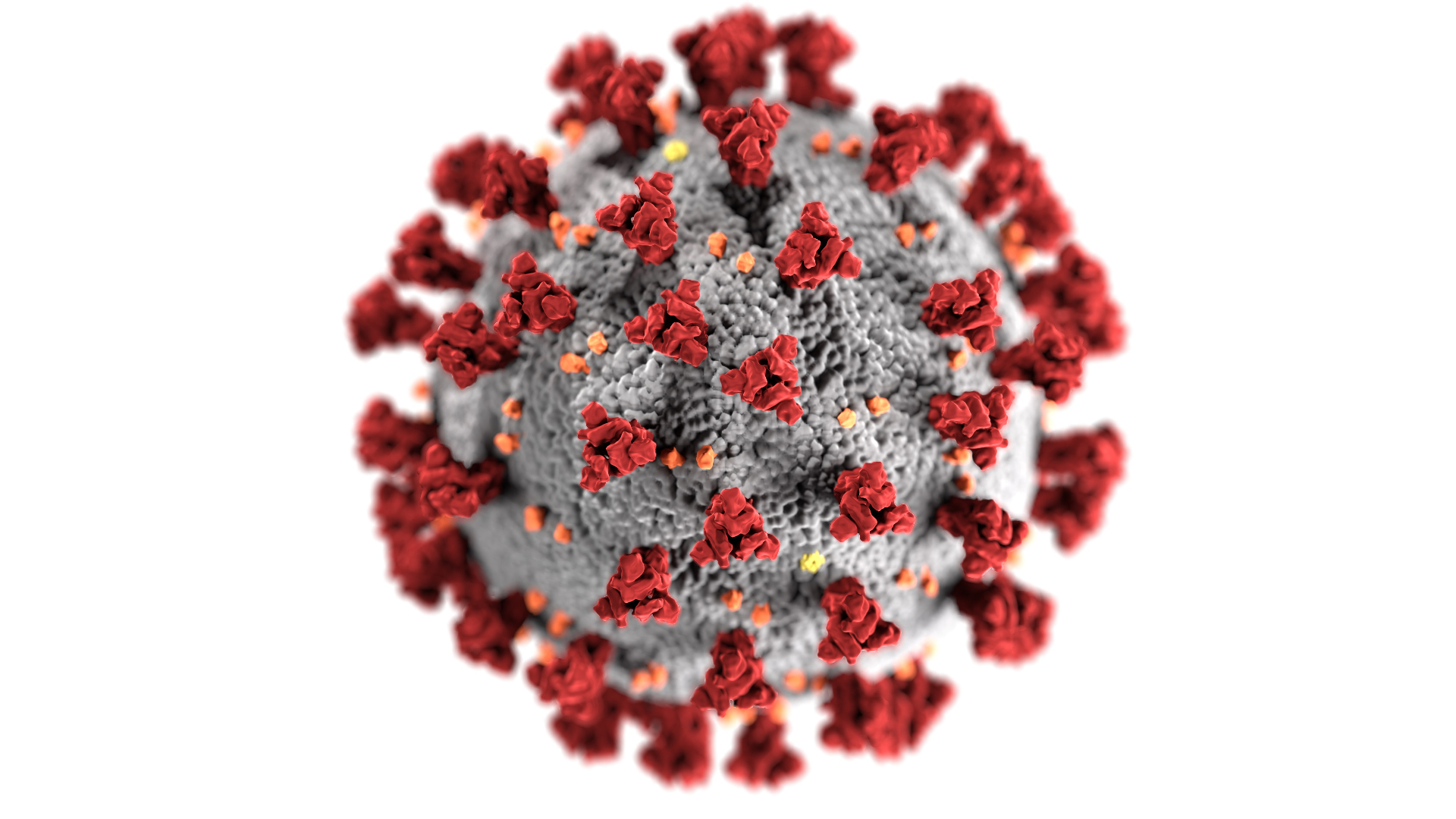The COVID-19 PANDEMIC
The COVID-19 pandemic has affected us all. Even though science has made great progress in the management of the pandemic, the fact remains that many of us are still struggling with a myriad of pandemic-related consequences, including death of loved ones, loss of jobs and income, social isolation, and health problems. For some, it has been particularly difficult to adjust to the progressive uplifting of universal precautions. While yearning to return to our pre-pandemic, usual way of life, we cannot help but wonder if meeting with friends and family without masks and social distancing will bring us back to the pre-vaccination nightmare. Clearly, the pandemic has created important mental health challenges for society as a whole. In fact, the latest research shows that about 4 in 10 adults in the U.S. have reported symptoms of anxiety or depressive disorder following the onset of the pandemic. Many people are struggling with sleep and eating deregulation and increases in alcohol consumption or substance use. At-risk groups that are experiencing a higher incidence of mental health and/or substance abuse problems include young adults, parents and children, communities of color, people with prior mental health challenges, and essential workers. These populations are displaying significant struggles with depression, anxiety, low self-esteem, an increase in suicidal thoughts, as well as increasing use of alcohol and other drugs (1).
There are national resources available to support imminent mental health needs, such as the Disaster Distress Helpline, the Crisis Text Line, and the 988 Suicide & Crisis Lifeline. Ongoing psychotherapy is also available to address the ongoing and persistent challenges the pandemic has caused. Mental health experts expect that mental health services to address pandemic-related mental health symptoms for a significant period of time following the conclusion of the pandemic emergency. Even though time will allow healing for many, a number of us may develop chronic mental health conditions unless quality mental health treatment is provided. People who experience more severe stressors, such as exposure to the dead or dying, and prolonged exposure to other adverse consequences of the pandemic are more likely to experience enduring symptoms and would benefit from psychological interventions (2).
Citations
- https://www.kff.org/coronavirus-covid-19/issue-brief/the-implications-of-covid-19-for-mental-health-and-substance-use/
- https://www.nimh.nih.gov/about/director/messages/2021/one-year-in-covid-19-and-mental-health


